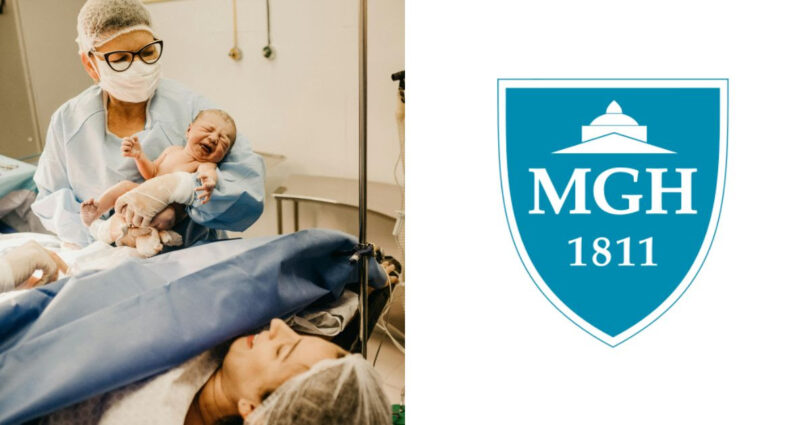Mass General Brigham Changes Infant Neglect Report Policy ‘That Screams Racism’
Hospitals within the Mass General Brigham system will now actively refrain from reporting suspected abuse or neglect to state child welfare officials solely due to a baby being born exposed to drugs because it “disproportionately affects Black people.”
The Boston Globe reports Mass General Brigham is introducing a new policy as part of a series of changes across Massachusetts’ largest health care system.
The hospitals will implement a policy requiring written consent for toxicology testing of expectant mothers or infants in the majority of cases. They will also restrict such testing to situations where the results would significantly alter the medical care of the pregnant mother or her baby.
These changes will affect Brigham and Women’s Hospital, Massachusetts General Hospital, and six other hospitals with labor and delivery units in Massachusetts and New Hampshire.
Mass General Brigham stated that the initiative aims to tackle the “racial and ethnic inequities” prevalent in healthcare. They highlighted that substance abuse disorder during pregnancy disproportionately impacts Black individuals.
Hospital leaders argue that existing policies have been inconsistent from one hospital to another, resulting in “unconscionable” disparities, especially for women of color.
“Those structural policies may not be written in a way that screams racism, but if you dig down deep,” it creates inequities, said Allison Bryant, associate chief health equity officer at Mass General Brigham.
“We have 18,000 plus births a year, they’re all in different hospitals,” she added. “And as we become an integrated system, we’re really trying to get some clarity and uniformity around what we do.”
The Globe highlights that the biggest change will be felt in reporting. Now, doctors, nurses, and other staff members will only submit a report of suspected abuse or neglect to the Department of Children and Families if they have reasonable cause to believe that an infant is “suffering or at imminent risk of suffering physical or emotional injury.”
New mothers receiving medication for addiction treatment, such as methadone and Suboxone, have been reported to the Department of Children and Families (DCF) for years under a legal mandate in Massachusetts.
State and federal legislators have been working to amend the law in an effort to protect pregnant or postpartum mothers from child welfare investigations solely due to their use of prescribed medication. Mass General Brigham, however, is adjusting its approach despite no actual change in the law.
“We would never make a change that was illegal,” said Sarah Wakeman, the system’s senior medical director for substance use disorder, of the new policy.
The current law mandates that a mandated reporter file a report if a child is born with a “physical dependence upon an addictive drug,” Wakeman outlined.
A healthcare provider, however, must also have “reasonable cause to believe” that the child is experiencing some form of physical or emotional injury due to being exposed to a drug at birth. “Both of those things have to be true,” Wakeman said in her explanation of the new policy and current law.
Wakeman added that healthcare providers, in their interpretation of the law, have previously concentrated solely on whether babies are born with a drug in their system.


Leave a Comment